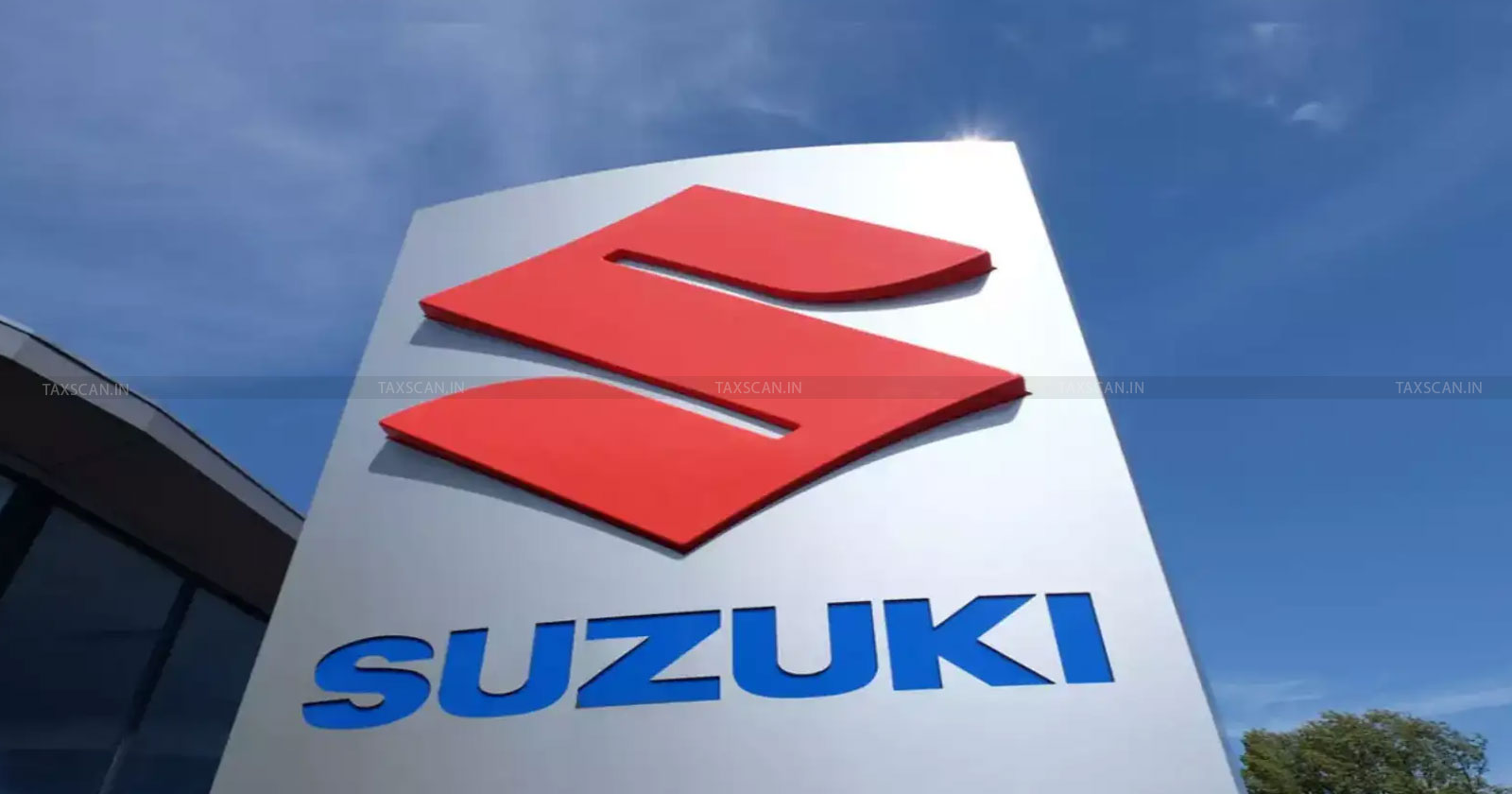Relief for Hyundai: CESTAT Holds Extended Limitation Not Invocable When Classification Dispute Exists Within Customs Dept [Read Order]
CESTAT quashed a Rs. 6.44 crore customs duty demand against Hyundai Transys, ruling the extended limitation period inapplicable due to an internal customs classification dispute
![Relief for Hyundai: CESTAT Holds Extended Limitation Not Invocable When Classification Dispute Exists Within Customs Dept [Read Order] Relief for Hyundai: CESTAT Holds Extended Limitation Not Invocable When Classification Dispute Exists Within Customs Dept [Read Order]](https://images.taxscan.in/h-upload/2025/08/11/2075650-relief-for-hyundai-hyundai-cestat-cestat-holds-extended-limitation-taxscan.webp)
The Chennai Bench of the Customs, Excise, and Service Tax Appellate Tribunal (CESTAT) set aside a customs duty demand against Hyundai Transys India Pvt. Limited holding that the extended limitation period under Section 28(4) of the Customs Act, 1962, was not invocable since the dispute related to classification and there was a difference of opinion even within the customs department.
Hyundai Transys imported polyurethane sheets used exclusively in the manufacture of car seats and classified them under CTH 3926 9099, claiming FTA benefits under Notification No. 152/2009-Cus. The Special Intelligence and Investigation Branch (SIIB) alleged misclassification stating the goods should be classified under CTH 3921 1390, which would not qualify for the FTA benefit.
 Also Read:Relief for Indian Oil: CESTAT Holds No Service Tax Payable on Reimbursable Expenses Incurred for CISF Security Services [Read Order]
Also Read:Relief for Indian Oil: CESTAT Holds No Service Tax Payable on Reimbursable Expenses Incurred for CISF Security Services [Read Order]
Based on test results from CIPET, the department issued a show cause notice dated 01.11.2022 for the period from November 2019 to October 2020, invoking the extended period under Section 28(4) and demanding Rs. 6.44 crores in duty, along with interest, penalty, and confiscation of goods.
Comprehensive Guide of Law and Procedure for Filing of Income Tax Appeals, Click Here
The appellant’s counsel argued that the goods were flexible polyurethane sheets outside the scope of CTH 3921 1390 and that there was no willful misstatement or suppression of facts. He pointed out that all Bills of Entry had been assessed by customs officers, with 18 examined under RMS instructions without objection.
The counsel further referred to similar imports at Bangalore where the department had classified the goods under CTH 3926 3090, and the Principal Commissioner there held that there was no mala fide intention, applying the doctrine of bona fide belief to waive penalties. The counsel argued that the extended period was wrongly invoked and that the demand was time-barred.
The revenue’s counsel argued that the correct classification was CTH 3921 1390 and that under the self-assessment provisions introduced in 2011, the importer was responsible for correct classification and declaration. The counsel argued that the misclassification amounted to suppression of facts, justifying the extended limitation.
 Also Read:Relief for Suzuki: CESTAT Rules Excess Transit Insurance Charges Collected Excluded from Assessable Value, Not Liable to Excise Duty [Read Order]
Also Read:Relief for Suzuki: CESTAT Rules Excess Transit Insurance Charges Collected Excluded from Assessable Value, Not Liable to Excise Duty [Read Order]
Comprehensive Guide of Law and Procedure for Filing of Income Tax Appeals, Click Here
The two-member bench comprising M. Ajit Kumar (Technical Member) and Ajayan T.V. (Judicial Member) observed that the CIPET report did not show any misdeclaration of description and that the end use of the product was not decisive for classification. The tribunal observed that 18 Bills of Entry had been examined without change in classification and that there was no positive act showing willful misstatement or suppression.
The tribunal further observed that the classification dispute existed even within the customs department, as Chennai authorities classified the goods under CTH 3921 1390, while Bangalore authorities classified them under CTH 3926 3090.
The tribunal pointed out that the extended limitation under Section 28(4) requires deliberate intent to evade duty and that a difference in classification opinion does not establish suppression or willful misstatement.
The appeal was allowed, and the impugned order was set aside on the ground of limitation, with the tribunal clarifying that it had not examined the merits of classification or eligibility for exemption.
Support our journalism by subscribing to Taxscan premium. Follow us on Telegram for quick updates


